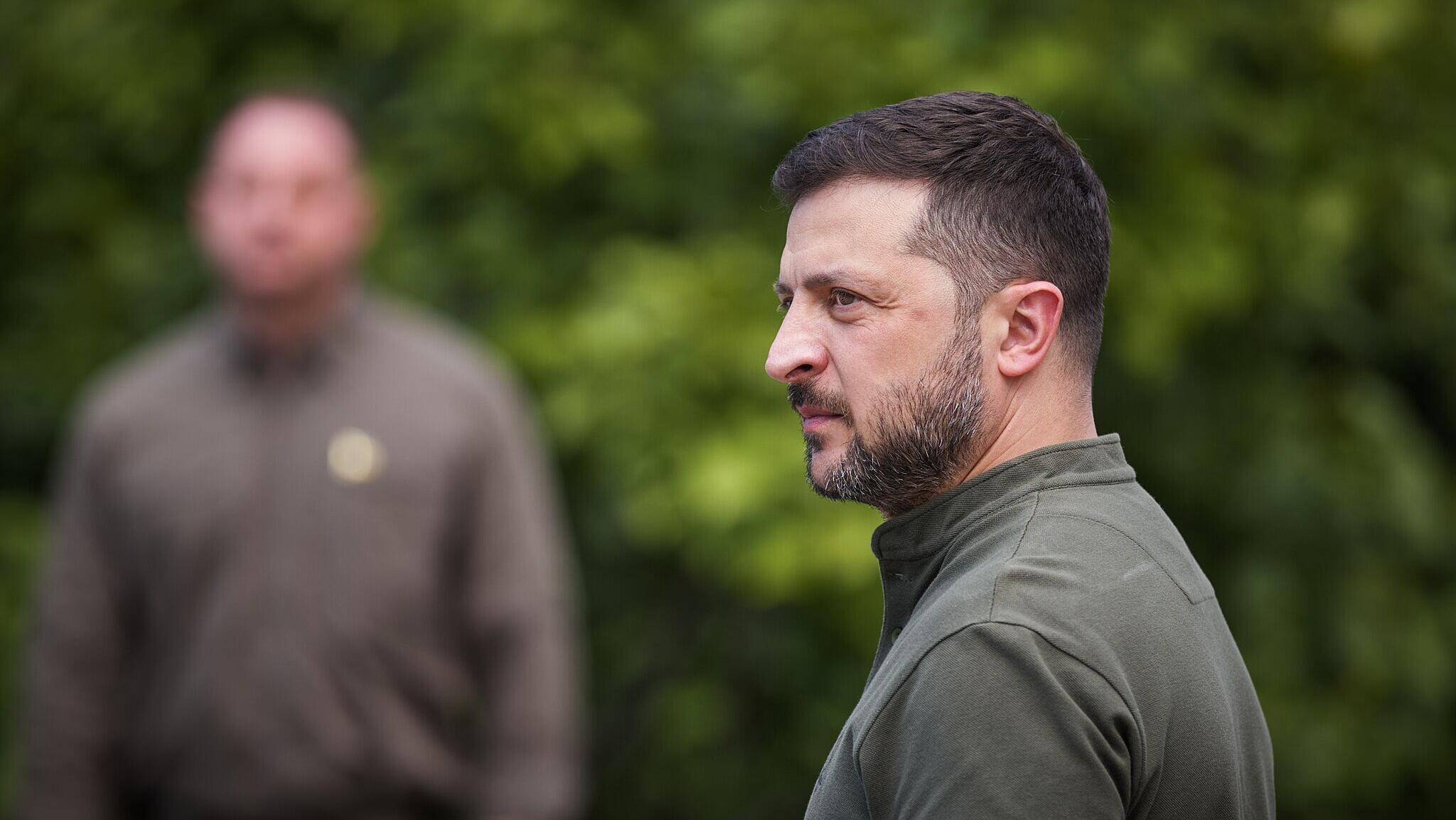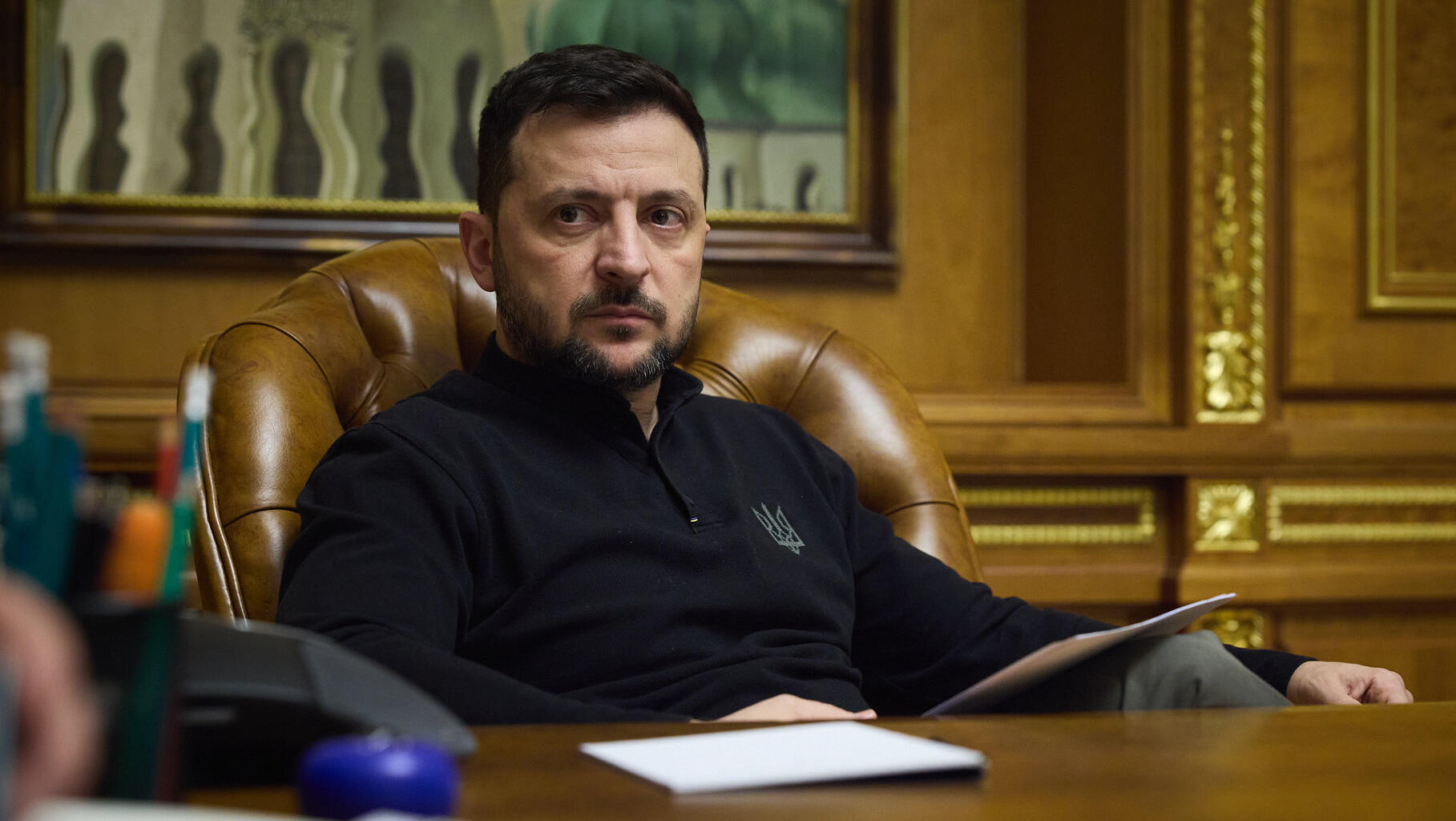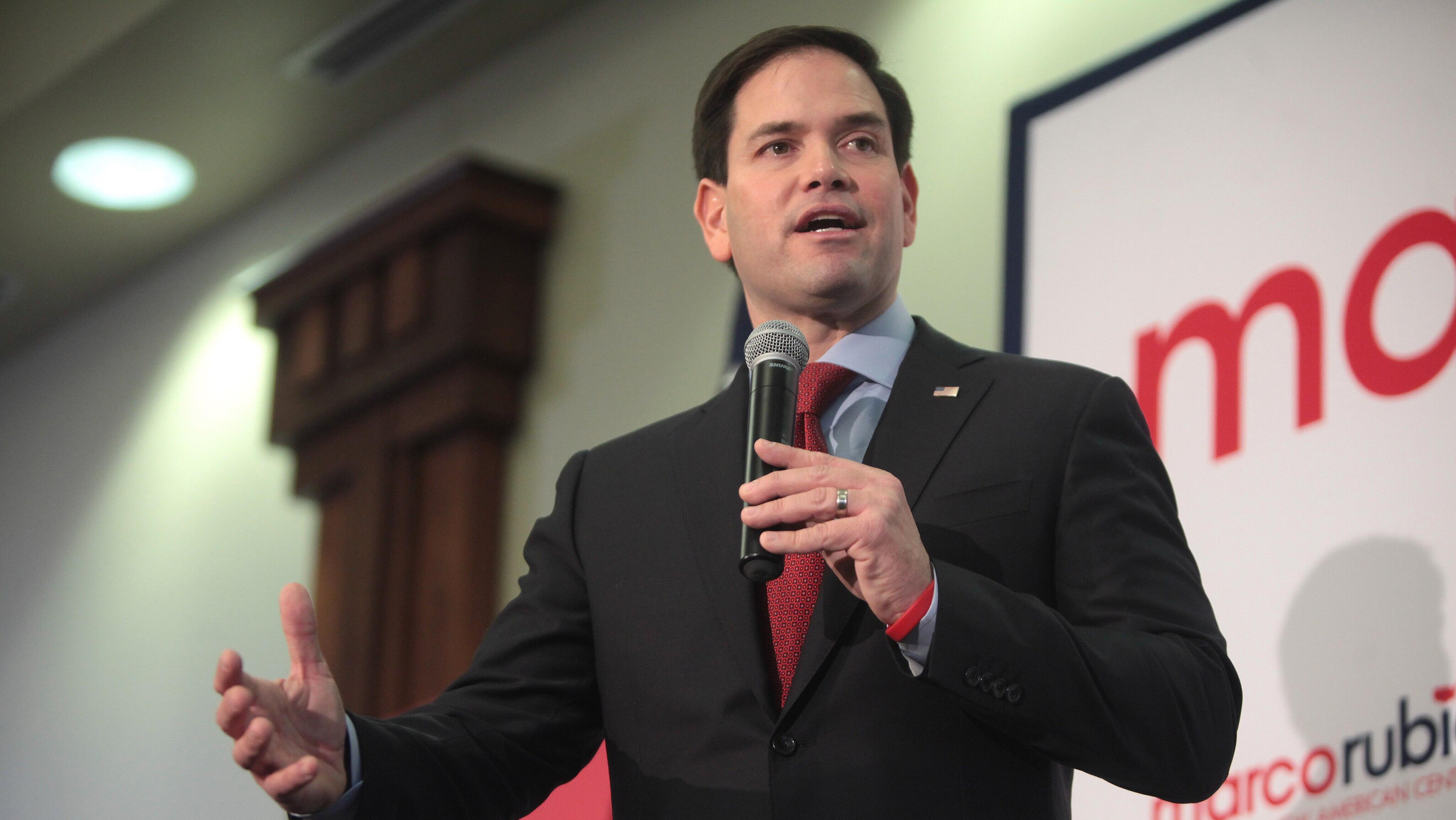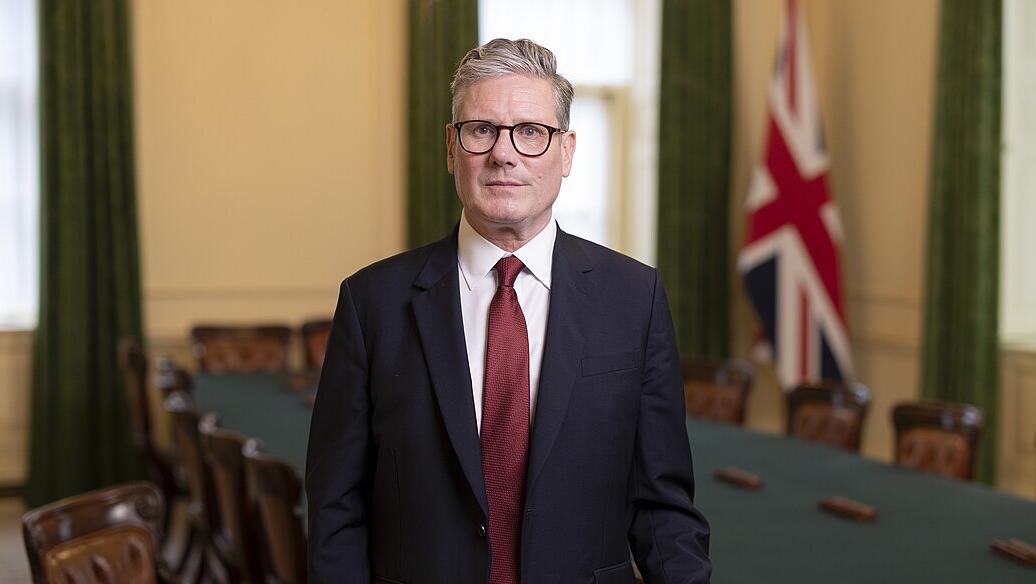
Ukraine says it won't cede Donbas in any ceasefire deal

Ukraine will not cede the Donbas region to Russia as part of a ceasefire deal, President Volodymyr Zelenskyy said ahead of this week’s talks between Russia and the United States. Russian President Vladimir Putin will meet with United States President Donald Trump in Alaska on Friday to discuss a potential end to Russia’s invasion of Ukraine. Trump said last week that a peace deal would involve “swapping of territories” between Russia and Ukraine. “We will not leave Donbas. We cannot do this. Donbas for the Russians is a springboard for a future new offensive,” said Zelenskyy. “If today we leave Donbas, from our fortifications, from our reliefs, from the heights that we control, we will clearly open a bridgehead for preparing an offensive by the Russians. In a few years, Putin will have an open path to both the Zaporizhzhia and Dnipro regions.” Zelenskyy has not been invited to the Alaska talks, although he will speak virtually with Trump and European leaders ahead of the meeting. Russia wants a peace deal to involve Ukraine’s withdrawal from the Donetsk region, part of the Donbas, according to Zelenskyy. The Trump administration has floated a proposal where current boundaries in Kherson and Zaporizhzhia would remain



